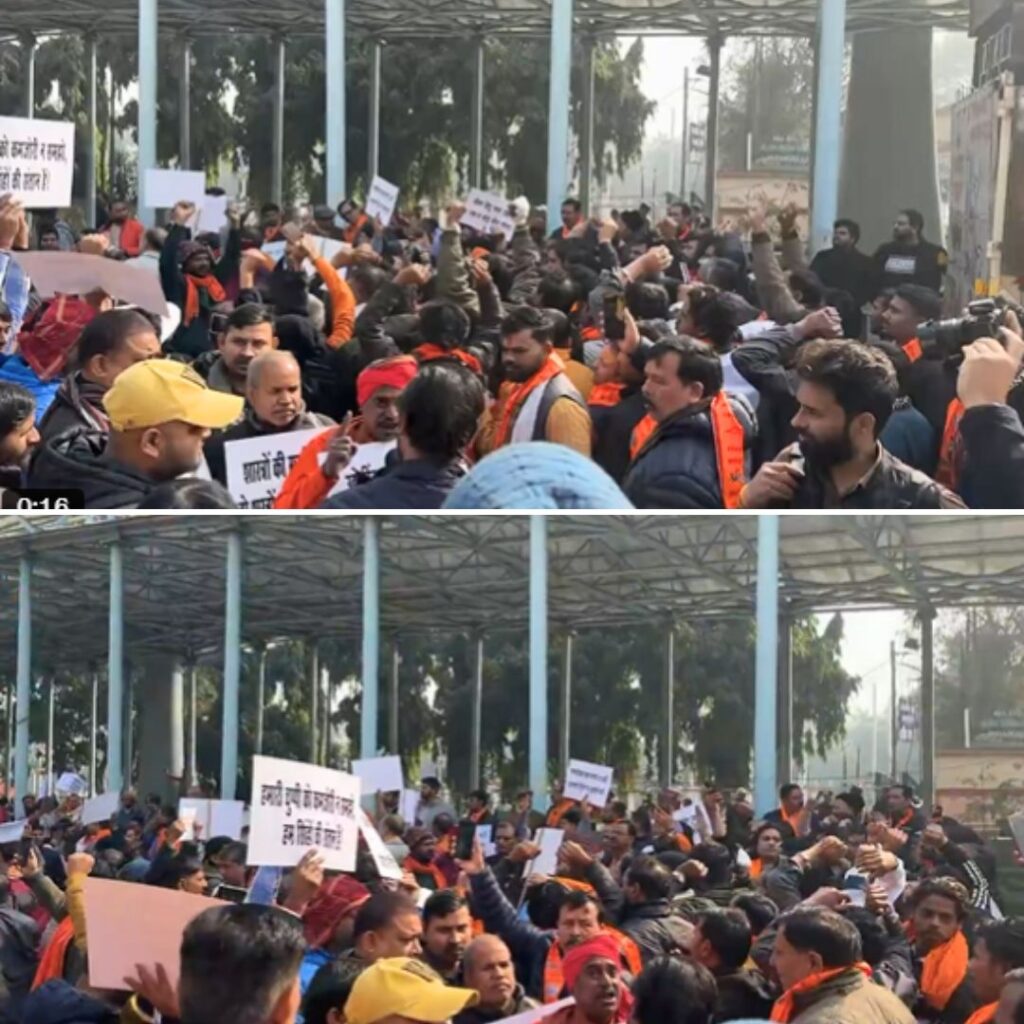Twenty-nine per cent of schools students in Tripura have no access to mobile phones, internet connection or similar connectivity through which they can attend online classes, a recent survey has found. As many students also have no access to television, as an alternative, the state government has decided to try neighbourhood classes to reach out to these students.
According to a survey conducted by the Tripura New Disha (new direction) cell under ‘Ektu Khelo Ektu Padho’, 94,013 students among the 3,22,297 students from all eight districts of the state didn’t have access to any sort of phone, said Education Minister Ratan Lal Nath.
In the survey, conducted among the students enrolled in 3,974 schools, while 1,11,618 students said they have access to smartphones, 1,16,666 students said they have access to basic phones and 94,013 said they don’t have access to any sort of phone, reported The Indian Express.
The highest number of students without any access to phones is in North Tripura district, with 22,605 students. This is followed by Sipahijala with 18,833 students, Dhalai with 13,999 students and West Tripura with 13,909 students. Meanwhile, Khowai district has the highest phone penetration, with only 2,173 students saying that they didn’t have access to any phone.
Earlier in June, the state government had launched the ‘Ektu Khelo, Ektu Padho’ project to promote activity-based learning in the elementary education segment. The initiative came after students were trained through various models such as online classes and recorded videos, which were streamed via local cable television channels and social media in April. The SMS based interactive lessons were started as many students didn’t have access to the online classes.
The new scheme focused on engaging students through audio and video contents which focused on hands-on learning activities and messages of simple projects, fun activities and games among them. These contents were then sent to the students through WhatsApp or SMS services.
‘The new scheme called Ektu Khelo, Ektu Padho can be accessed via smartphones of guardians. In case no smartphone is available, SMS services would be used to teach students,’ the Education Minister had said.
Every morning, the instructions of the day’s lessons and revisions will reach the students on their phones. In the afternoon, the feedback on their performances will be collected. The content is shared from the state headquarters to academic coordinators in different districts.
These coordinators then coordinate among the concerned headmasters in the area, who engage their teachers to monitor the process. The teachers are also responsible for reporting back with feedback and any issues found in the initiative.
Meanwhile, 1,42,238 students of the total 3.2 lakh students said they didn’t have access to any kind of television, which prevents them from attending the televised recorded lessons or live lessons conducted by the education department.
‘On an average 61 percent of students had internet facilities and 56 percent have cable connections,’ the Education Minister was quoted as saying by EastMojo.
In order to reach out to these students with no access to phones and televisions, the state government has decided to try neighbourhood classes. The classes would be conducted while maintaining social distance until the classes in schools resume. The Education Minister added that the state government has taken several steps since schools closed in March to continue classes using different methods.
‘We have observed that 29% of students could not attend classes due to lockdown. Therefore we have decided to start ‘neighbourhood classes’ from August 18 in 5:1 teacher ration to ensure that each one of them is covered by the teachers,’ Nath said.
The state government had earlier launched Notun Disha, a novel scheme to identify students as per their ability. While the readership and learning engagement of students increased in the last two years, the total absence of classes since March due to COVID-19 poses a risk of reducing the achievement in readership and engagement, an official of the education department said. The official added that the neighbourhood classes could be a viable alternative till classes resume.
In the neighbourhood classes, a teacher would sit in an open space in the neighbourhood of a school, at their house, or in the house of any of their students in the neighbourhood with three to five students, and conduct classes while maintaining social distancing. The official added that if the current situation prevails, exams may also be conducted in this manner.
Meanwhile, the Tripura government has launched a call centre with mental health experts, teachers and doctors on board to help students combat depression and get access to professional assistance on issues related to studies.
Launching the call centre for counselling the students in the state, Education Minister Ratan Lal Nath said that many parents and guardians are tensed …












